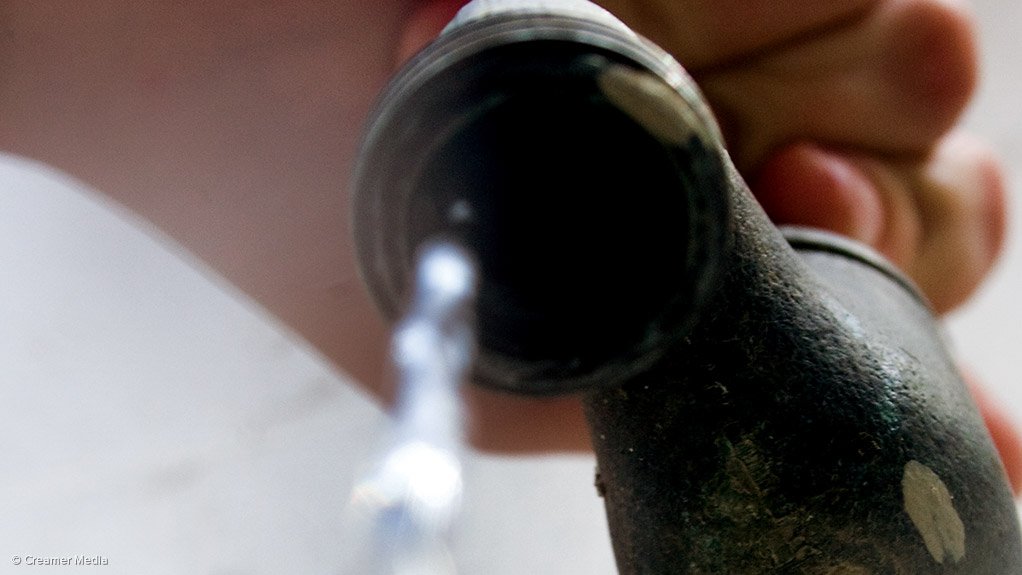The National Budget facility for infrastructure has approved municipal water infrastructure projects to the value of R3.7-billion. These projects are ready for implementation once the 2023 Appropriations Bill is enacted, while government will also spend R115-billion in the medium term on 11 strategic projects in the water and sanitation space.
Government will spend an overall R121-billion over the medium term on water infrastructure, including an additional R4.3-billion for the uMkhomazi water project, which augments water supply to various municipalities in KwaZulu-Natal.
In broader terms, government plans on spending R903-billion on infrastructure over the medium term.
In delivering the Budget speech on February 22, Finance Minister Enoch Godongwana stated that additions to national government expenditure over the next three years would help ease conditions for economic activity and cushion poor households from the effects of weak economic growth.
Additions to the baselines since the 2022 Budget amounting to R227-billion are proposed over the medium term. Some of the additional allocations prioritise education, health, safety and security, as well as infrastructure-related spending.
The Minister says the Budget will boost public investment, with budgets for buildings and fixed structures growing on average by 18.9% a year over the medium term.
Government spending on buildings and fixed structures will reportedly increase from R62-billion in 2022/23 to R104.2-billion in 2025/26.
Between 2011 and 2021, public-sector capital investment averaged 5.6% of gross domestic product (GDP), which is well below the National Development Plan target of 30%, while private capital investment averaged 11% of GDP.
In terms of the Economic Recovery and Reconstruction Plan, Godgonwana reported various rollouts of critical infrastructure were under way in water and sanitation, energy and transport. Projects worth R134-billion were in the procurement stage, R232-billion were in construction and R3.9-billion had been completed.
As public investment in capital infrastructure has been severely lacking for many years, the real value of the construction sector is still similar to that of 2007 and well-below pre-pandemic levels. Weak investment, low confidence, unsustainable undercutting on tender prices and an increase in organised crime underpin the prolonged poor performance of the sector.
Gross value added decreased by 4.7% in the first three quarters of 2022, compared with the same period in 2021.
Godwongwana said, however, that the outlook for this year was more optimistic as public and private investment in capital infrastructure should start to materialise.
He added that several reforms were under way to strengthen public investment management, including improving operations of the Infrastructure Fund, enhancing infrastructure monitoring and reporting, improving the public-private partnership regulatory framework and building a strong project pipeline.
EMAIL THIS ARTICLE SAVE THIS ARTICLE ARTICLE ENQUIRY
To subscribe email subscriptions@creamermedia.co.za or click here
To advertise email advertising@creamermedia.co.za or click here











